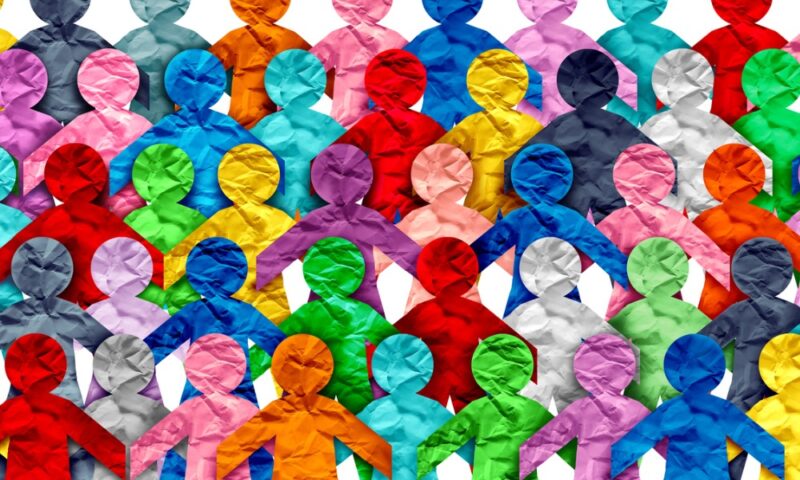
Why Commitment to DEI Is (Still) Important
Criticism of diversity, equity, and inclusion efforts has escalated. That shouldn't dissuade associations from committing to their core principles.
These are challenging times for DEI initiatives. A Supreme Court ruling in the summer that unwound affirmative action protections at universities have prompted some to argue that diversity, equity, and inclusion efforts are on shaky legal ground. In the meantime, heated rhetoric around diversity initiatives in general has often tried to make a boogeyman out of DEI; one person’s vision of fair treatment for all is another’s “ideological orthodoxy.”
These issues have made their way into the association world. Naturally, organizations that have DEI principles built into their very existence—such as the National Association of Diversity Officers in Higher Education—have spoken out about the SCOTUS ruling. But it’s not just those groups: In June, the Association of Women’s Health, Obstetric, and Neonatal Nurses shifted from DEI language to “accountability, belonging, and culture.” The move was made in part to respond to the way the term “DEI” has become stigmatized.
“I started having conversations with the executive team and our marketing and communications people about all the ways the language of DEI was being misrepresented, and perhaps also weaponized,” AWHONN staffer Danielle D. Jones told me about the move. “We needed to reframe the conversation.”
There is still both a moral and a business case for supporting DEI efforts.
Tina Opie and Ella F. Washington
We do. But the reframing ought to be made in the name of supporting the core and enduring principles of DEI, not getting dragged into an election-cycle edition of the culture wars. In July, scholars and DEI advocates Tina Opie and Ella F. Washington reminded Harvard Business Review leaders that DEI efforts are good ethical and business practices: “Ample research shows that [companies] make smarter decisions and better investments, are more adaptable, and drive innovation when the corporate culture in which they operate is a supportive, psychologically safe one,” they wrote. “Diverse and well-trained workforces and leadership teams are also better suited to interact with diverse employees, customers and vendors. Thus, there is still both a moral and a business case for supporting DEI efforts.”
And in the same way that DEI is designed to make for a more professional environment, DEI itself needs to be treated as a professional practice as well. In an interview last week at the McKinsey and Co. website, author and DEI advocate Netta Jenkins criticized half-efforts around diversity work, stressing that these initiatives require a budget line and expert leaders. “DEI work really requires a specific skill set that’s developed through field-specific training and experiences. Traits such as creative problem solving, assertiveness, optimism, empathy, and the ability to take strategic risk are crucial within a DEI role,” she said.
Though diversity efforts have been around for decades, DEI is, in some ways, a new field—and for many associations very new, something they only began thinking about in 2020. That means that many efforts have been slow to start, or relegated to modest efforts that exist in ad hoc committees and well-meaning but toothless statements. The clumsiness of some of those efforts perhaps fuel critics’ arguments that DEI isn’t important, or some kind of stalking horse for groupthink. But as with meetings, governance, membership, globalization, and more, DEI is only as successful as the seriousness given to it, and the seriousness of the investment (both of energy and resources).
It’s worth it, because it’s bigger than just a set of do’s and don’ts. As Jenkins said in the McKinsey interview, DEI is a means of creating an even playing field, not inventing a new game. “I hope [people] think about processes and policies,” she said. “I hope they think about people. I hope they forget about the various backgrounds and experiences of others and just think of one another as human beings.”






Comments